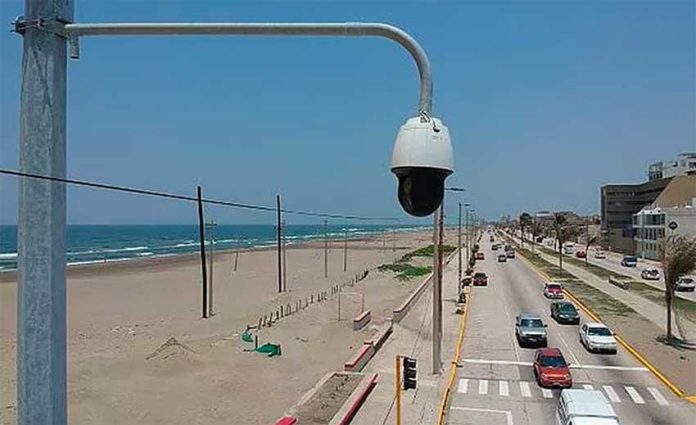The new government of Veracruz has accused the previous administration of fraud in the installation of video surveillance cameras.
The public security secretary said only 34% of the 6,316 surveillance cameras are operational.
Hugo Gutiérrez Maldonado told reporters that the irregularities in the new surveillance system were detected during the final part of the transition process. He intends to denounce whoever is found responsible for the alleged fraud.
The previous administration, under Miguel Ángel Yunes Linares, signed a 1.1-billion-peso contract (US $58 million) with Comtelsat, a telecommunications equipment company, to install cameras in six different regions of the state: 380 in Pánuco, 1,112 in Poza Rica, 1,228 in Xalapa, 1,868 in the port of Veracruz, 676 in Fortín de las Flores and 1,052 in Cosoleacaque.
Of the 676 cameras installed in Fortín de las Flores, only 49 work, Gutiérrez said. In the state capital, Xalapa, only 263 of the 1,218 cameras that were installed are operational.
Gutiérrez stated that his department will not be an accessory to the previous administration’s bad management, asserting that he takes the security situation in Veracruz seriously.
Source: Milenio (sp)
